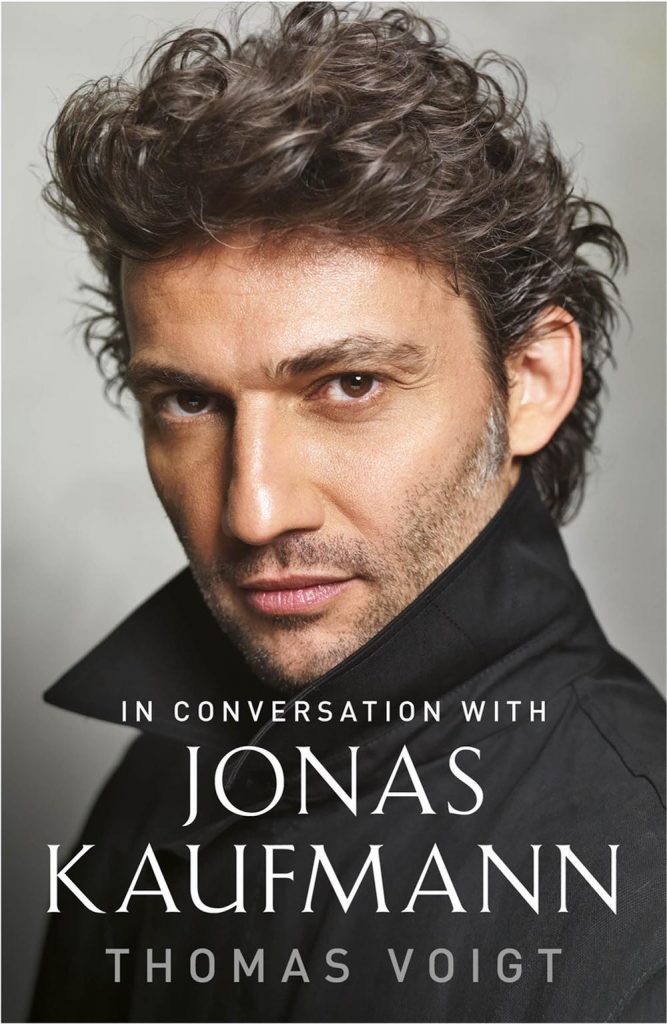


Jonas Kaufmann (born 10 July 1969) is a German operatic tenor. He is best known for his performances in spinto roles such as Don José in Carmen, Cavaradossi in Tosca, Maurizio in Adriana Lecouvreur, and the title role in Don Carlos. He has also sung leading tenor roles in the operas of Richard Wagner in Germany and abroad, most notably at the Metropolitan Opera in New York. He is also an accomplished Lieder singer. In 2014 The New York Times described Kaufmann as “a box-office draw, and… the most important, versatile tenor of his generation.”
Early life and education
Kaufmann was born in Munich. His father worked for an insurance company, and his mother was a kindergarten teacher. He had one older sister. He started studying piano when he was eight, and he sang in his elementary school choir. Although he studied for mathematics entrance exams, in the summer of 1989 he began his vocal training at the University of Music and Performing Arts Munich. While he was studying, he sang some small roles at the Bavarian State Opera. He graduated from university in 1994, achieving distinctions in both opera and concert performances.
In 1995, after a vocal crisis, Kaufmann received help from American baritone Michael Rhodes, who taught him a “new way of singing” and how to become “more relaxed in my voice and in myself.” In Kaufmann’s book Meinen die wirklich mich? he said, “To find a Michael Rhodes that can really help you and bring you to success is really a great stroke of luck.”
Personal life
Kaufmann has been married twice. His first marriage to mezzo-soprano Margarete Joswig produced three children, and ended in divorce. His second marriage is to the opera director Christiane Lutz. The couple married in late 2018 and have a child, born in March 2019. https://en.wikipedia.org/wiki/Jonas_Kaufmann
Jonas Kaufmann singt “Du wirst nicht weinen” (Befreit oder Freigegeben) von Richard Strauss nach einem Gedicht des deutschen Dichters Richard Dehmel. Klavierbegleitung: Helmut Deutsch
Du wirst nicht weinen. Leise, leise wirst du lächeln: und wie zur Reise geb’ ich dir Blick und Kuß zurück. Unsre lieben vier Wände! Du hast sie bereitet, ich habe sie dir zur Welt geweitet — o Glück! Dann wirst du heiß meine Hände fassen und wirst mir deine Seele lassen, läßt unsern Kindern mich zurück. Du schenktest mir dein ganzes Leben, ich will es ihnen wiedergeben — o Glück! Es wird sehr bald sein, wir wissen’s beide, wir haben einander befreit vom Leide; so gab’ ich dich der Welt zurück. Dann wirst du mir nur noch im Traum erscheinen und mich segnen und um mich weinen — o Glück!
